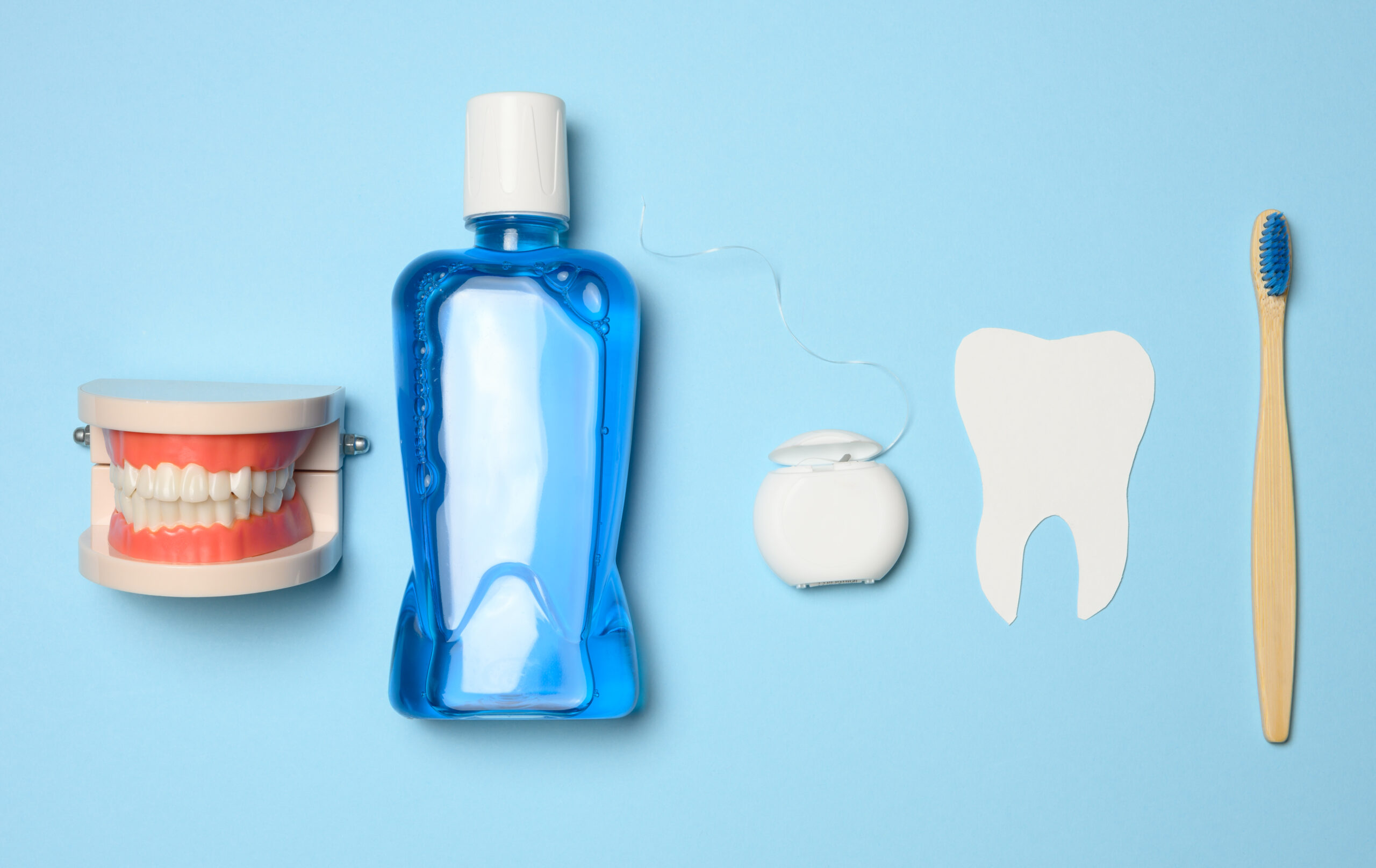Cavities are one of the most common dental problems, but the good news is that they are largely preventable. By understanding why cavities form and adopting effective home care habits, you can take control of your oral health and work toward a cavity-free smile. This article explores the science of cavities, known as cariology, and offers practical tips to keep your teeth healthy at home.
Why Do We Get Cavities?
Cavities, or dental caries, are caused by the breakdown of tooth enamel due to acid production from bacteria in the mouth. The process of cavity formation is influenced by several factors, collectively known as the “cariogenic triad”:
- Bacteria
The bacteria in your mouth, particularly Streptococcus mutans and Lactobacillus, play a major role in cavity formation. These bacteria metabolize sugars and produce acids that demineralize the enamel. - Dietary Sugars and Carbohydrates
Consuming sugary or starchy foods feeds the bacteria, creating an acidic environment that attacks the enamel. Frequent snacking on such foods increases the risk of cavities. - Susceptible Tooth Surface
Teeth with deep grooves, cracks, or areas where plaque accumulates are more prone to decay. Enamel that is naturally thin or weakened by previous damage is especially vulnerable.
Cavities develop in stages, starting with demineralization (early enamel damage) and progressing to enamel erosion, dentin exposure, and eventually pulp infection if untreated.
How Can I Stay Cavity-Free?
Cavity prevention hinges on disrupting the factors that lead to decay. Here are key steps you can take at home to protect your teeth:
1. Maintain Excellent Oral Hygiene
- Brush Twice Daily: Use fluoride toothpaste and a soft-bristled toothbrush to clean all surfaces of your teeth. Brush for at least two minutes, focusing on areas where plaque tends to accumulate, such as along the gumline and between teeth.
- Floss Daily: Flossing removes food particles and plaque from between teeth and under the gumline, where toothbrushes can’t reach.
2. Use Fluoride Products
Fluoride strengthens enamel and makes it more resistant to acid attacks.
- Fluoride Toothpaste: Choose a toothpaste with the American Dental Association (ADA) Seal of Acceptance.
- Mouthwash: A fluoride mouthwash can provide additional protection, especially if you are prone to cavities.
- Tap Water: If your community water supply is fluoridated, drink tap water instead of bottled water.
3. Watch Your Diet
Diet plays a critical role in cavity prevention.
- Limit Sugary and Acidic Foods: Reduce consumption of candies, sodas, fruit juices, and processed snacks.
- Snack Smart: Opt for tooth-friendly snacks like cheese, nuts, and crunchy vegetables.
- Stay Hydrated: Drink plenty of water to help rinse away food particles and maintain a healthy saliva flow.
4. Chew Sugar-Free Gum
Chewing sugar-free gum after meals stimulates saliva production, which helps neutralize acids and remineralize enamel. Look for gum containing xylitol, a sugar substitute that reduces cavity-causing bacteria.
5. Protect Teeth with Sealants
Ask your dentist about dental sealants, which are thin coatings applied to the chewing surfaces of back teeth. Sealants protect enamel from decay, especially in children and teenagers.
6. Control Dry Mouth
Saliva is essential for washing away food particles, neutralizing acids, and providing minerals for enamel repair.
- Avoid Drying Substances: Limit caffeine, alcohol, and tobacco, which can reduce saliva production.
- Stay Hydrated: Drink water throughout the day and consider using a humidifier if you live in a dry climate.
- Use Saliva Substitutes: Over-the-counter saliva substitutes or sprays can help combat dry mouth.
7. Don’t Skip Dental Visits
Regular dental check-ups and professional cleanings are essential for cavity prevention. Your dentist can detect early signs of decay and provide treatments like fluoride varnishes or dental sealants to protect your teeth.
The Role of Saliva in Cavity Prevention
Saliva plays a crucial role in preventing cavities. It:
- Neutralizes Acids: By buffering pH levels, saliva reduces the acidity caused by bacterial metabolism.
- Provides Minerals: Calcium and phosphate in saliva aid in enamel remineralization.
- Washes Away Food and Bacteria: Saliva helps clear the mouth of harmful substances that contribute to decay.
To maintain a healthy saliva flow, stay hydrated, avoid dehydrating substances, and consult your dentist if you experience chronic dry mouth.
Reversing Early Decay
Cavities caught in their earliest stages—when they appear as white spots on enamel—can often be reversed with fluoride treatments, good oral hygiene, and dietary changes. However, once a cavity has progressed beyond the enamel, professional dental treatment, such as fillings or crowns, is necessary.
Conclusion
Preventing cavities starts at home with good oral hygiene, a balanced diet, and regular dental visits. Understanding why cavities form gives you the knowledge to take proactive steps toward protecting your teeth. By making these small changes, you can enjoy a cavity-free smile and maintain excellent oral health for years to come.
References
- American Dental Association. “Cavities (Tooth Decay): Causes, Symptoms, and Treatment.” ADA.org.
- Mayo Clinic. “Dental Caries: Risk Factors and Prevention.” MayoClinic.org.
- National Institute of Dental and Craniofacial Research. “The Role of Fluoride in Cavity Prevention.” NIDCR.nih.gov.
- Journal of Dental Research. “Cariology: Mechanisms and Management of Dental Caries.”



